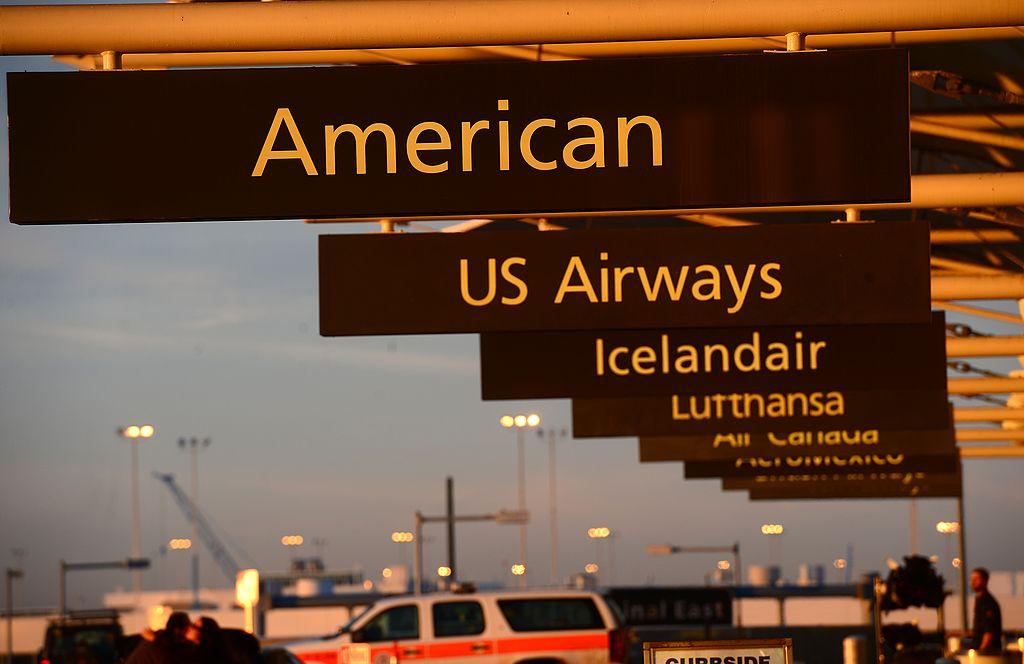The White House confirmed Monday that because of the surge in cases from the Delta variant, the existing travel restrictions for international travel will remain in place.
“We will maintain existing travel restrictions at this point for a few reasons. The more transmissible Delta variant is spreading both here and around the world, driven by the Delta variant cases that are rising here at home, particularly among those who are unvaccinated and appear likely to continue in the weeks ahead,” said Psaki.





